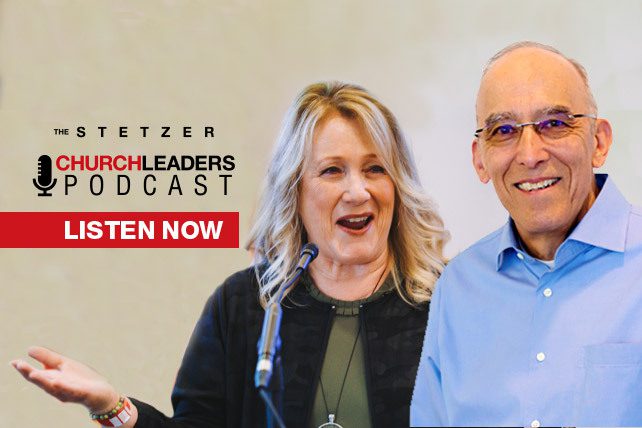“Pastors do need to learn how to listen better.”
“There is a continuing role of shepherds to care for people as they are in their distress.”
“There’s never a time in which the church is not engaged, and there’s always a place in which the mental health profession is. But they just shift in their roles as they go around the continuum as someone is doing well, doesn’t do well, is in crisis, recovery and then returns to stability.”
“There are some things that everybody in a congregation can learn. And then there are some things that other staff can learn at a little bit higher level.”
Key Quotes From Glen Bloomstrom
“This whole topic of mental health, especially among the older generations—they were never trained in this.”
“I find that progressive churches are much more interested in suicide prevention, and they’re more willing to sponsor suicide prevention. Evangelical churches, less so.”
“You can literally see a turning point when people take the time to learn how to listen better, rather than go on autopilot.”
“Pastors mean well, but they don’t listen as well, [and] make quick assumptions about what’s behind the presenting issues. So without training, suicide is not even on the radar for many.”
“I think in these areas of mental health and suicide, it’s an on the job training. It’s after graduation…I think that you need to take a training that is evidence-based and that has a long track record of effectiveness.”
“Generally it takes a death or a serious attempt before people start to pay attention. That’s the bottom line.”
“We really want to advocate that anybody can be at risk.”
“Even [in] skill-based training, it’s hard for people to say, ‘Are you thinking about suicide?’ You need to practice doing that.”
“The only way you’re going to…use the word ‘suicide’ is if you’ve been trained and you have the confidence to step into that very uncomfortable place.”
“The two things that I would want to stress [are] very simple. I’ve already done one and that’s training. But the other is collaboration.”
“This is where pastors can learn. When we come alongside of someone who has a diagnosis, we learn about anxiety and depression.”
“We have to find people in the church who have lived through this experience in the church, and then we have to collaborate with other churches.”
Mentioned in the Show
Hope for Mental Health Initiative
LivingWorks Education
National Action Alliance for Suicide Prevention
Check out Kay’s website
Follow Kay on Facebook, Instagram, X/Twitter, and YouTube

